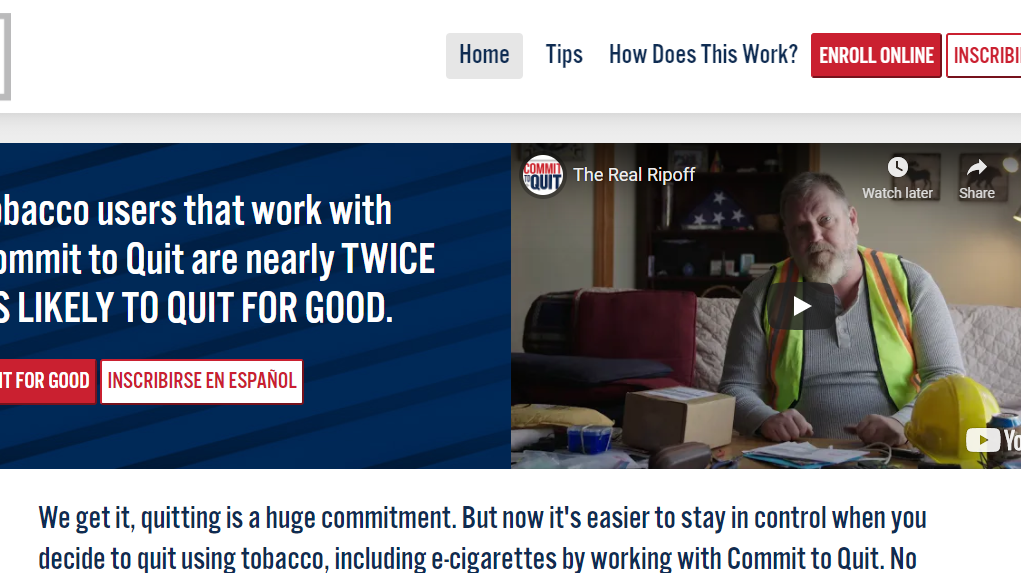As part of the World No Tobacco Day WHO campaign, “Commit to Quit”, the WHO Country Office in Uzbekistan, together with WHO/Europe, WHO headquarters, United Nations partners, the Ministry of Health and other governmental and nongovernmental entities, will be carrying out several activities aimed at decreasing local smoking rates, over the next 12 months.
Moreover, Deputy Minister of Health of Uzbekistan Dr Elmira Basitkhanova also reminded the public about the country’s existing “100-day campaign.” The latter promotes “100 reasons to quit tobacco” through different actions all designed to offer access to tools and resources that facilitate smoking cessation.
The WHO’s attacks on tobacco harm reduction
Meanwhile, contradicting all the scientific evidence indicating the benefits of switching from smoking to vaping, the WHO keeps using World No Tobacco Day to push its anti-vaping agenda. In total contrast with other health entities such as Public Health England (PHE), in 2020 the WHO inaccurately claimed that ENDS and smokeless alternatives do not help smokers quit smoking; are more harmful than combustible tobacco; and that nicotine is equivalent to heroin in terms of addictiveness.
A year later, in a press release titled “Quit tobacco to be a winner,” the WHO was at it again. The release claimed that the tobacco industry has “promoted e-cigarettes as cessation aids under the guises of contributing to global tobacco control.” Insisting on referring to the vaping industry as the tobacco industry, the WHO added that the industry employed “strategic marketing tactics to hook children on this same portfolio of products, making them available in over 15,000 attractive flavors.”
The agency went to on to claim that the scientific evidence on e-cigarettes as cessation aids was “inconclusive,” and that “switching from conventional tobacco products to e-cigarettes is not quitting.” Sadly these statements couldn’t be further from the truth as there are countless peer-reviewed studies conducted by independent public health experts which indicate otherwise.
“The WHO has taken this anti-vaping position—repeatedly—in the past and seemingly continues to ignore a burgeoning body of evidence to the contrary. Despite including “harm reduction strategies” in its definition of “tobacco control,” the agency remains steadfast in denying the expert opinions of an expanding number of academics and scientific bodies—like the UK’s Royal College of Physicians and the US National Academies of Science, Engineering and Medicine—that vaping is much less harmful than smoking,” pointed out a recent article on Filter.













